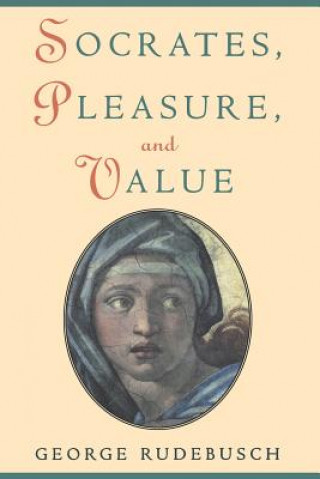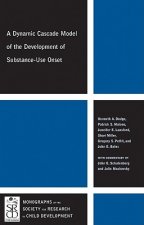
Kézbesítés
Vásárlási tanácsadó





Nem vált be? Semmi gond! Nálunk 30 napon belül visszaküldheti
 Ajándékutalvány
bármilyen értékben
Ajándékutalvány
bármilyen értékben
Ajándékutalvánnyal nem nyúlhat mellé. A megajándékozott az ajándékutalványért bármit választhat kínálatunkból.
Socrates, Pleasure, and Value
 Angol
Angol
 152 b
152 b
30 nap a termék visszaküldésére
Ezt is ajánljuk


In the past quarter century, enormous philosophical attention has been paid to Plato's "Socratic" dialogues, as interpreters have sought to identify which dialogues are truly Socratic and interpret and defend the moral theories they find in those works. In spite of this intellectual energy, no consensus has emerged on the question of whether Socrates was a hedonist-whether he believed pleasure to be the good. In this study, George Rudebusch addresses this question and the textual puzzle from which it has arisen. In the Protagoras, Plato has Socrates appeal to hedonism in order to assert his characteristic identification of virtue and knowledge. While in the Gorgias, Socrates attributes hedonism to his opponent and argues against it in defence of his own view that doing injustice is worse than suffering it. From the Apology and Crito, it is clear that Socrates believes virtue to be the supreme good. Taken together, scholars have found these texts to be incoherent and seek to account for them either in terms of the development of Plato's thinking or by denying that one or more of these texts was meant to reflect Socrates' own ethical theory. Rudebusch argues instead that these texts do indeed fit together into a coherent moral theory as he attempts to locate Socrates' position on hedonism. He distinguishes Socrates' own hedonism from that which Socrates attacks elsewhere. Rudebusch also maintains that Socrates identifies pleasant activity with virtuous activity, describing Socrates' hedonism as one of activity, not sensation. This analysis allows for Socrates to find both virtue and pleasure to be the good, thus solving the textual puzzle and showing the power of Socratic argument in leading human beings toward the good. Tackling some of the most fundamental debates over Socratic ethics in Plato's earlier dialogues, Socrates, Pleasure, and Value will generate renewed discussion among specialists and provide excellent reading for courses in ancient philosophy as well as ethical theory.
Információ a könyvről
 Angol
Angol




 Hogyan vásároljunk
Hogyan vásároljunk





















